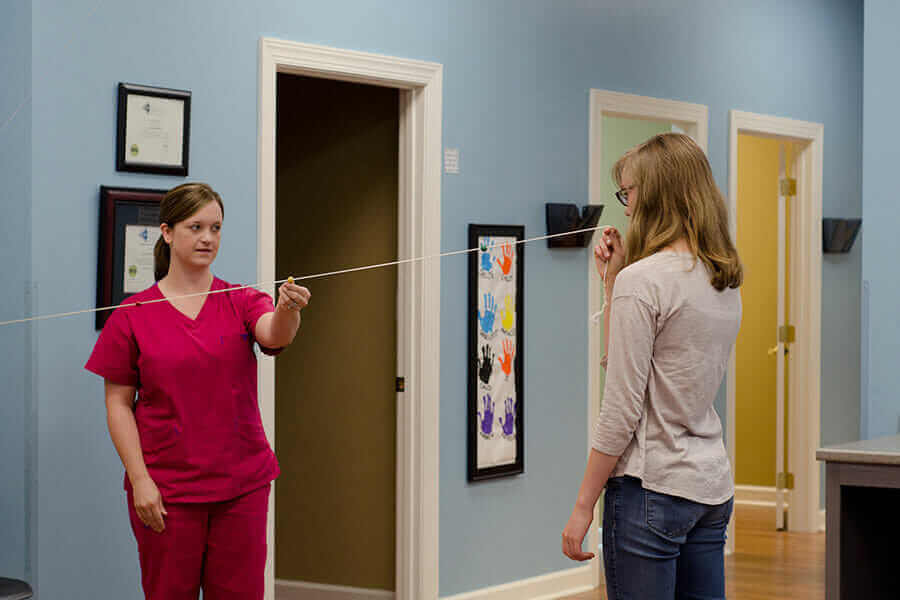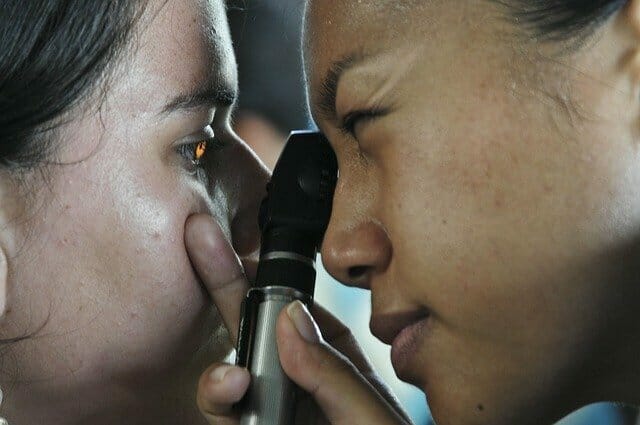Loss of Vision in One or Both Eyes: Vision loss due to brain injury can be partial or complete, and may or may not be reversible.
Eye Strain: If there is a mechanical problem with eye function due to injury, the patient may experience eye strain which can cause headaches and make it harder to focus on tasks.
Sensitivity to Light: Also known as photophobia, this condition renders one extra sensitive to light. In particular, the condition can be at its worst when looking at light sources such as fluorescent lights, bright sunlight, and LCD screens.
Difficulty Focusing on Tasks: If the eyes aren’t functioning properly, it can become difficult for the patient to remain focused on tasks for extended periods of time.
Motion Sensitivity: The damage to the eyes and brain can impact how the body processes motion. This can lead to issues like vertigo or feeling of discomfort while doing things like scrolling on a digital device, traveling, or performing activities in busy environments.
Visual Memory Loss: Visual memory loss is when the patient loses some of their ability to remember visual information which is stored in either the long or short-term visual memory. This can lead to decreased reading comprehension, and difficulty recalling words, numbers, where an object was left, or other previously viewed data.
Headaches or Eye Pain: This can come in the form of a range of headaches or a stabbing pain around the eyes. Often accompanied by redness, itching, or burning of the eyes.















